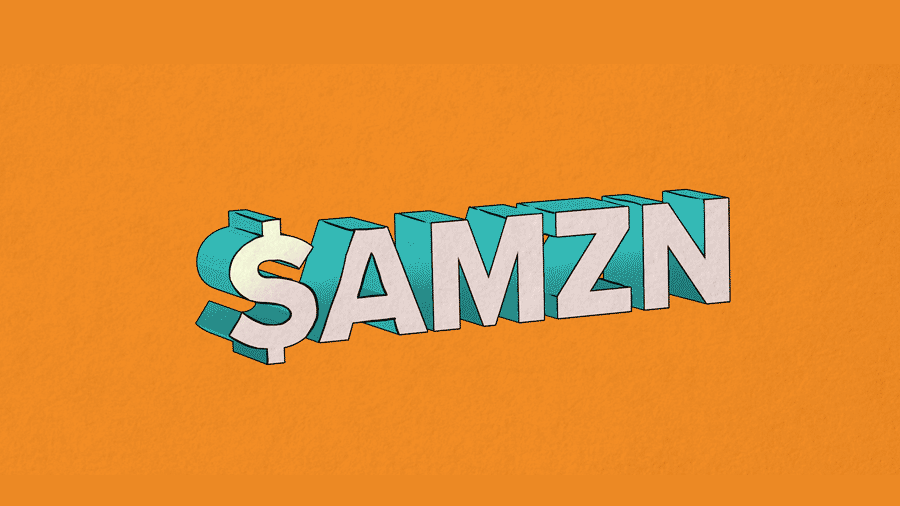Amazon isn’t waiting for you to buy an Echo anymore. Nowadays, its voice assistant, Alexa, is coming for the tech products you already own.
Follow Crunchbase News on Twitter
Having made it as easy as a code grab for third parties to use Alexa SDKs, Amazon’s aggressive strategy to expand our reliance on its virtual assistant in our daily lives is paying off.
One of the ways Amazon has managed to pull ahead in the voice assistant race is through the Alexa Fund, a venture solely dedicated to expanding Alexa’s presence beyond Amazon devices. Amazon also went on a hiring spree to grow Alexa and has more than 3,000 employees working on the voice-activated assistant.

Mark Webster, the CEO of Sayspring—a service (recently acquired by Adobe) that enables designers to easily create voice-enabled apps—said Alexa’s success comes from Amazon opening up the Alexa platform to third parties within the first six months of launch. In hindsight, this was an impressive foresight into AI’s future.
“Right now, Alexa reaches some 30 million devices,” Webster told Crunchbase News. And developers aren’t having a hard time getting Alexa to talk for them.
For instance, Sonos—which had an app for its high-end speakers—went all in on voice with the help of Alexa. Meanwhile, Meural, a New York startup (recently acquired by Netgear) that makes a digital art frame, recently announced an Alexa addition. Jordan Cooperman, chief experience officer at Meural, said integrating Amazon’s voice assistant has been a breakout hit among users.
“Until now, we’ve been best known for our gesture control feature, which allows users to change the art on their wall by waving their hand in front of a sensor hidden in the matboard of the frame,” he said. Now, Alexa’s taken the courtesy to change your display with a simple command.
“We started with Alexa for two reasons,” Cooperman explains. ”First, it was the voice platform most frequently requested by our customers, and second, their flexible Smart Home API allows us to do more than simply turn the product on and off.”
Overall, the integration process went very smoothly. It only took the Meural team a few weeks to complete an Alexa skill integration. Now almost 3.5 percent of Meural’s users have installed and used the Alexa app.
Similarly, Eight Sleep, a smart mattress startup that closed a $14M Series B round in 2018, added an Alexa skill to its line of high-end mattresses last year.
According to the company, Eight’s engineers found the Alexa integration to be “very easy.”
“We were surprised by how smooth the certification process was,” an Eight spokesperson said on behalf of the team. “We were getting very detailed feedback from Amazon within 24 hours of publishing an update… with Apple you don’t get exact timelines or detailed feedback, and it may be a week before you hear back from them.”
It’s clear Amazon is dedicated to working with nearly any interested developer, emerging or major, when it comes to integrating Alexa, the Eight team explained. “They still manage to work with companies like us at such an incredibly impressive speed.”
And it’s not just hardware makers that are utilizing Alexa. Subscription-based replenishment product startups have also followed suit in recent months. MistoBox, a San Francisco-based direct to consumer coffee platform, added an Alexa skill in October. The voice assistant allows customers to check on their next shipment, the variety of coffee they’ll receive, or pause their subscription, among other commands.
“Amazon is ultimately a platform company,” Webster noted. And through the Alexa ecosystem (erm, echo-system?), we should expect to hear a lot more from Amazon, the world’s second largest tech company, in our homes and office.

Stay up to date with recent funding rounds, acquisitions, and more with the Crunchbase Daily.



![Mar Calendar page being torn off to make way for Apr. [Dom Guman]](https://news.crunchbase.com/wp-content/uploads/mar-apr-2-470x352.jpg)
![Illustration of remote meet on cellphone, unicorn chess piece and money. [Dom Guzman]](https://news.crunchbase.com/wp-content/uploads/business-strategy-470x352.jpg)

![Illustration of N. America-labeled piggy bank on an inclined plane. [Dom Guzman]](https://news.crunchbase.com/wp-content/uploads/Quarterly_n_am-300x168.jpg)



67.1K Followers